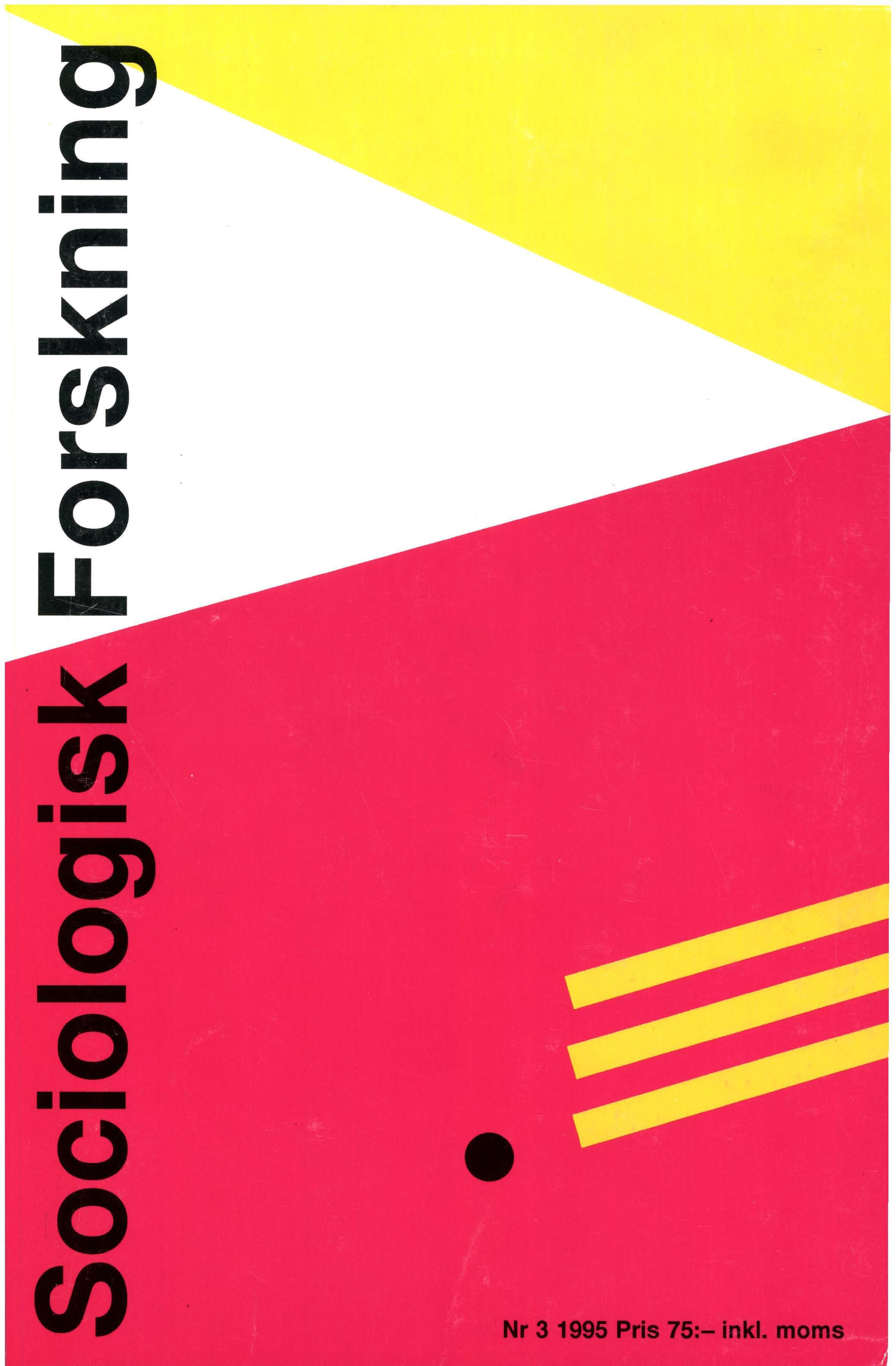Att synliggöra organisation eller ”Arne Weise har fan inte sålt nånting”. Löpsedelsmöte på Aftonpressen
DOI:
https://doi.org/10.37062/sf.32.18592Abstract
This article aims to illuminate certain cultural aspects of the work of an evening newspaper (working style, ways of thinking, assumptions about the business, its objectives, perceptions of the readership) as well as how communication in group situations contributes to the social construction of organizations in terms of objectives, meaning and style. The paper will also address the issues of play, emotions and pleasure on work. It is argued that a situational focus, when studying organizations and other social phenomena, provides a less constrained understanding of the object than predominant systemic approaches. The situation, as studied and discussed here, is a monthly meeting between managers and news bill editors of an evening newspaper where sales and the content of news bills are evaluated. It is concluded that, while the premise for the meeting (the casual relation between sales and news bill layout) guides the conversation, the meeting primarily operates as an emotional arena where excitement and pleasure are produced under game-like circumstances. This allows the participants to address, in a relaxed and friendly atmosphere, questions such as:
Who are we? How do we look upon ourselves? Who are our customers? What ’needs’ shall we satisify? What is important and good? What is central? How do we work? How do we think about certain things?
While some answers are provided and reinforced, the main outcome of the meeting is the possibility, however restricted, to pose these questions and play with them. Thus, the participants manage to establish a zone with considerable degrees of freedom; free from committments but not free from remainders of who they are or ought to be.
Downloads
Published
How to Cite
Issue
Section
License
All content in Sociologisk Forskning is published with immediate open access, under the Creative Commons license CC BY-NC-ND 4.0.
All content may be read, downloaded, shared and printed for non-commercial purposes, free and without fees. Contents may not be altered. When content is reused, author, source and a link to the copyright licence must be provided. The author retains copyright to their content. No publication fees are charged.





